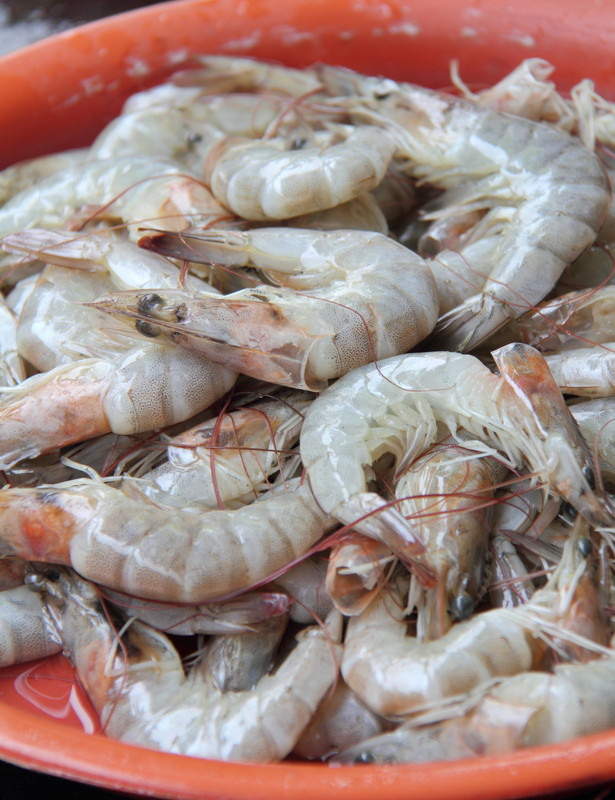Recent Posts
- Startling Discovery: Scientists Find Microplastics in Infant Organs at Birth
- Pregnant shark birth tracking technology provides key data for species protection
- Sharks may be closer to the city than you think, new study finds.
- Study of Stark County Farm Soils is Underway
- Ohio State Researchers Look at Farm Practices, Soil Health in Stark County
Archives
- October 2024
- March 2023
- June 2022
- March 2022
- February 2022
- May 2021
- December 2020
- August 2020
- July 2020
- June 2020
- May 2020
- March 2020
- January 2020
- October 2019
- August 2019
- June 2019
- May 2019
- February 2019
- January 2019
- November 2018
- October 2018
- August 2018
- May 2018
- April 2018
- March 2018
- February 2018
- January 2018
- December 2017
- November 2017
- September 2017
- April 2017
- March 2017
- February 2017
- January 2017
- November 2016
- October 2016
- September 2016
- August 2016
- May 2016
- April 2016
- February 2016
- January 2016
- November 2015
- October 2015
- September 2015
- August 2015
- June 2015
- April 2015
- June 2013
- January 2013
- June 2012
- February 2012

